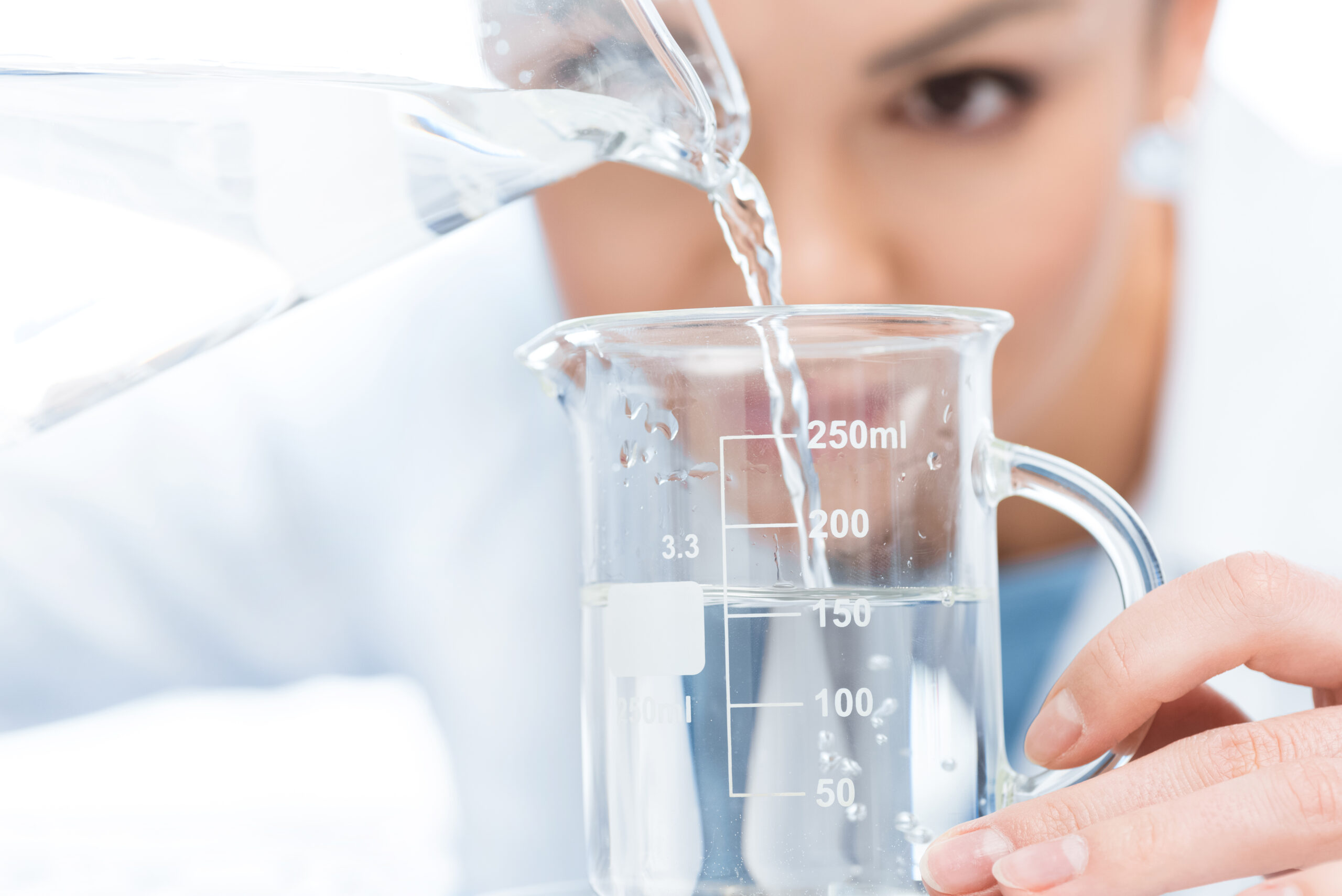Water is one of the most essential elements for life on earth. It is a key component of all living organisms and plays a crucial role in the functioning of various ecosystems. However, not all water is created equal.
Water quality can vary significantly depending on a wide range of factors, including its pH level, mineral content, and other chemical properties. In this article, we will focus on alkalinity and its impact on water quality.
What is Alkalinity?
Alkalinity is a measure of the water’s ability to neutralize acids. It refers to the concentration of bicarbonate, carbonate, and hydroxide ions present in the water. These ions act as buffers, helping maintain the water’s pH level within a particular range. The higher the concentration of these ions, the greater the water’s alkalinity. Alkalinity is typically measured in units of mg/L (milligrams per liter) of calcium carbonate.
The Relationship between Alkalinity and pH
Alkalinity and pH are two closely related parameters of water quality. pH is a measure of the hydrogen ion concentration in the water, while alkalinity is a measure of the water’s ability to neutralize acid. While these two parameters are related, they are not the same thing. pH is a measure of the water’s acidity or basicity, while alkalinity is a measure of its buffering capacity.
In general, water with high alkalinity tends to have a higher pH, while water with low alkalinity tends to have a lower pH. This is because the bicarbonate, carbonate, and hydroxide ions that contribute to alkalinity also act as buffers, helping maintain the water’s pH within a particular range. However, there are exceptions to this general rule, and other factors can also affect the pH of the water.
Why is Alkalinity Important?
Alkalinity is an essential parameter of water quality. It plays a critical role in determining the suitability of water for various applications. For example, in the case of drinking water, high alkalinity can affect the taste and odor of the water, making it less palatable.
On the other hand, low alkalinity can cause corrosion of plumbing fixtures, which can result in increased levels of lead and other heavy metals in the water. Alkalinity is also an important factor in the treatment of wastewater, as it can affect the effectiveness of various treatment processes.
Alkalinity and Aquatic Ecosystems
Alkalinity is a critical factor in maintaining the health of aquatic ecosystems. It helps to buffer the pH of the water, preventing rapid fluctuations that can be harmful to aquatic life.
Alkalinity also plays a key role in the carbon cycle of aquatic ecosystems, as it is involved in converting carbon dioxide into bicarbonate ions, which aquatic plants and animals use for various metabolic processes. In addition, alkalinity can affect the solubility of various minerals and nutrients, which can have significant impacts on the growth and productivity of aquatic plants and animals.
Measuring Alkalinity
Several methods for measuring alkalinity include titration, colorimetry, and electrochemical techniques. Titration is the most commonly used method and involves the addition of a strong acid to the water sample until the pH drops to a specific endpoint. The amount of acid required to reach this endpoint is then used to calculate the alkalinity of the water. Colorimetry and electrochemical techniques are less commonly used but can provide more rapid and accurate measurements in certain applications.
Managing Alkalinity
Managing alkalinity is an important aspect of water treatment and management. In some cases, it may be necessary to adjust the alkalinity of the water to ensure that it is suitable for a particular application. For example, alkalinity may need to be reduced to improve taste and odor in drinking water. On the other hand, alkalinity may need to be increased in wastewater treatment to ensure that the treatment processes are effective.
Conclusion
Alkalinity is an essential parameter of water quality that plays a critical role in maintaining the health of aquatic ecosystems and ensuring the suitability of water for various applications. Understanding the concept of alkalinity and its measurement is essential for effective water treatment and management. By managing alkalinity effectively, we can ensure that our water resources are protected and used in a sustainable manner.
Take your restaurant or franchise to the next level with New York WaterMaker! Ensure consistent water quality for multi-facility businesses and replicate the taste of your favorite city’s water. Contact us today to learn more about how New York WaterMaker can transform your business.




